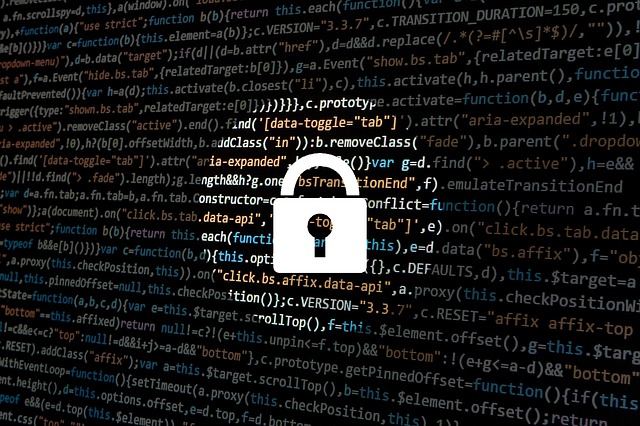What Do These Hackers Want From Me?
As technology gradually becomes more sophisticated and integrated into our daily lives, the reason and motivations for hackers to access your personal and private information also exponentially increases. For instance, only within the last 10-15 years has internet banking become almost a global standard. Prior to the advent of internet banking, it was almost impossible to send or receive money without sending personal checks or using cold hard cash. Nowadays, people can pay send their friends money or even pay bills with the click of a mouse. Although these online services make our lives more convenient and easy, it has also presented a problem with hacking. The main question we should be asking ourselves is why do hackers want to hack? Here are 6 reasons or motivations behind hacking attempts!

1. Vulnerability Scanning
Vulnerability Scanning, as the name suggests, is a security technique that is used to identify security weaknesses in a computer system. Most times, this security measure is used by network administrators for obvious security purposes. However, hackers can also infiltrate this security tactic to gain unauthorized access, which can open the door to other infiltration tactics and motivations. Vulnerability Scanning is essentially the gateway to additional attacks.
2. Server Disruption
Server disruption attacks usually have their own personal motive. These types of attacks have one goal in mind, which is to shut down or render a particular website useless. One of the most popular forms of server disruption attacks are Distributed Denial of Service or DDoS. In layman’s terms, DDoS attacks are when a hacker seizes control over a network of zombie computers called a botnet. The botnet is then deployed like an army of mindless zombies to continuously ping a certain web server to overload a website and ultimately, shut it down.
3. Monetary Loss
This type of motivation for hackers is what everyone is most fearful about. As I mentioned above, online banking has been a revelation for some; however, the benefits definitely have its drawbacks. Online banking has paved the way for cyber thieves to digitally steal from you by placing banking Trojans or malicious lines of code specifically designed to steal money from you.

4. Information Leakage
Along with Monetary Loss, this motivation for hacking is also a big concern among online users. Information Leakage, as the name suggests, involves hackers accessing your personal and private information for various reasons. They could be trying to assume your personal identity by stealing your Social Security Number or they could be trying to expose a website and its valuable database. Take, for example, the recent Ashley Madison hack that occurred in the summer of 2015. Once hackers were able to infiltrate its customer database, they essentially had the entire company (and its fearful users) at its mercy. When hackers finally posted the Ashley Madison data, it sent the Earth rattling shock waves throughout the internet and society.
5. Website Vandalism

Website Vandalism inspired attacks are often done more for a shock factor and to grab people’s attention. This type of motivation can be politically driven, such as to deface a certain candidate’s website, or could simply be used just as a source of fun. These days, school districts across the country are reeling from constant Website Vandalism attacks, primarily from its own students. This has proven the growing skill level and overall widespread knowledge of hacking among the youth. Instead of punishing this sort of behavior, Slate is proposing that school’s in America begin encouraging students to become more ethical hackers and to help their schools instead of destroying it for sheer sake of being funny.
6. Unauthorized Code Execution
Unauthorized Code Execution motives can be a bit tricky. In this case, hackers typically want to infect a user with malware in order to ultimately take control of said user’s computer through the execution of commands or code. This is a powerful form of hacking that allows hackers to take complete control of the victim’s computer. When hackers run unauthorized code, this can be one of the first steps of turning a user’s computer into a zombie or bot as we mentioned in Motivation Number two. Having this kind of unprecedented access can lead to a limitless number of suspicious activities than a hacker can perform without even a trace of being caught.
As we learned, the world is typically fearful of hackers and their hacking methods; however, not many know the true motives behind their attacks. The real takeaway from this article shouldn’t be what to do when you are attacked, but instead should be about what you should do PRIOR to being hacked. A good way to secure your website and block access to your computer is by implementing a strong enterprise level Web Application Firewall (WAF), such as Cloudbric. Learn more about how Cloudbric can help you see the true difference of website protection![/vc_column_text][/vc_column][/vc_row]





